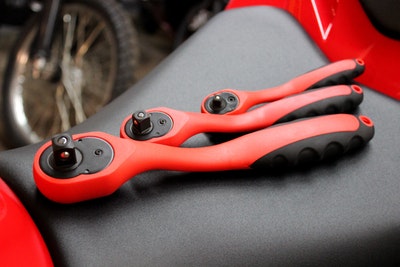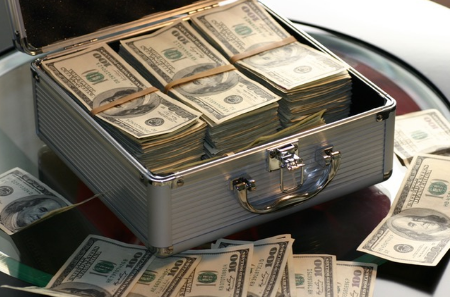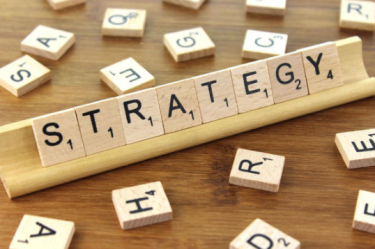To Purchase Or To Lease: What’s Best For Your Business

Running your own business is an ambition for many people. After all, if you’re prepared to work hard, develop a great business plan and listen to what your customers actually want, you have the ability to go much further and much faster than you do working for someone else.
However, there are a lot of decisions involved in setting up your company, and a great many of them are financial. When it comes to procuring the tools and equipment that your business needs to function, there are two basic options – buying it or leasing it.
These apply to everything from IT software licences to desk chairs and espresso machines. Both options have their pros and cons – and choosing the right option for your business all depends on your unique circumstances and the type of equipment that you need.
So what do you need to consider before getting started?
Frequency Of Use
How you will use the item you’re procuring is the biggest deciding factor. If an item is going to be used very infrequently and is likely to lie there gathering dust most of the time, then you’re much better off leasing it.
When your tools aren’t in use, they aren’t helping to generate profits. However, if it’s something that will be used all the time, then calling in a hired item time and again is a lot of hassle and could end up costing you more in lost time. A good example of this can be transported.
If you find that you need a van or a pickup truck for transporting to a job occasionally or supporting with customer orders, then an option like Flex Fleet Rental may suit you very well. If you find that you’re hiring more than four times in a monthly period, then it could be better to bite the bullet and buy one – remember, it doesn’t have to be brand new.
Second-hand items can give you better value, especially if you’re just getting started. You can even get second hand office furniture if you need to!
What Budget Do You Have Available?
The second consideration has to be the budget that you have – most start-up businesses tend to be on quite a lean one! Buying equipment usually necessitates a large upfront payment that you need the funding for.
Of course, if you’ve written a good business plan with this in and pitched for funding, you may have the lump sum available. If that’s not the case, then hiring is a less costly route, although you will obviously be paying more in the long run than you would by purchasing outright.
But think creatively – if you don’t want to hire yourself, but you also don’t like the idea of dormant tools losing money, and you have sales skills, could you hire your equipment out to other small businesses? In that way, you could make a vital purchase pay for itself.
Can You Access Financing?
You do still have the option to purchase upfront and spread the cost with business financing. If it’s important that you own whatever you need – from construction tools to a printer or a work van – then this may be the route that you need to go.
The cost will be slightly elevated due to interest charges on a payment scheme, but generally still works out cheaper in the long run than continuously hiring – although do the maths before committing.
If your business can qualify for a 0% credit card, you could also use that for some purchases, as long as you have a plan to pay back the full amount before the introductory period runs out.





